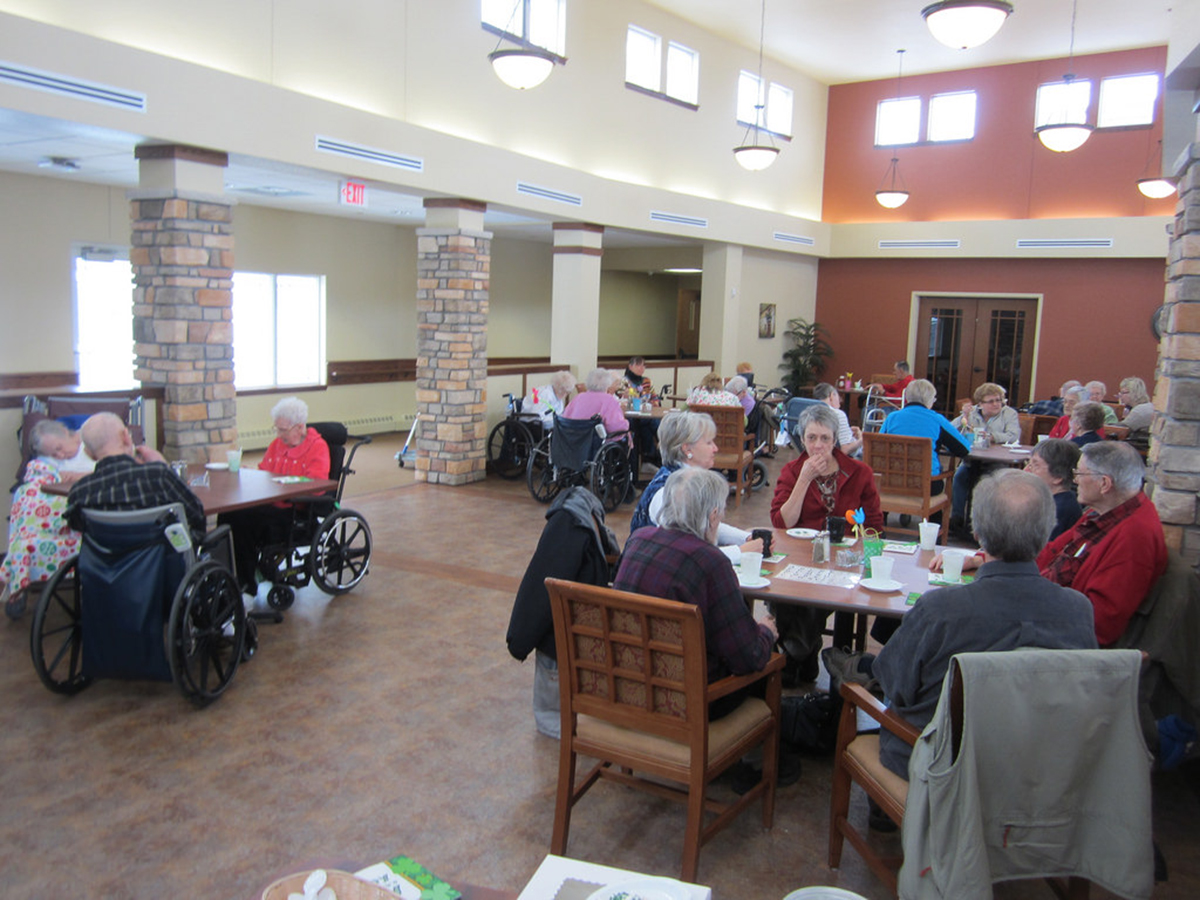Table of Contents
Is an elderly parent or in-law rapidly moving towards the stage where they will be unable to live by themselves? Just a few generations ago, elders moved in with relatives of younger generations very commonly, but today, retirement homes have become the norm in much of the western world. Some families still do make this arrangement work. Indeed, for many of those who decide that multi-generational living is the answer to an elder's increasing care needs, living together turns out to be a valuable time for all involved, one that allows families to grow closer together.

Having an elder move in with you and your family — and being responsible for a good portion of the care needs your elder has — is a very serious step that deserves careful consideration from all sides, however.
How Do You All Feel About The Idea Of Living Together?
The moment an elder moves in with you, all your lives will change forever. Before proceeding, it is a good idea to consider the feelings everyone involved in the potential household — you, your spouse, your children, and your elderly parent or in-law — have about the prospect of living together.
The elder may strongly prefer the thought of living with loved-ones to the realities of living in a retirement or nursing home. If you have children, living together offers unique opportunities for bonding, and the years of living with grandparents may prove to be some of the best ones of their lives. If your elder is still healthy enough to contribute to the family, you may end up with wonderful family recipes to pass on, with an in-built babysitter, and with a busy, love-filled household.
However, even if you all do get on like a house on fire, don't simply assume that living together will be smooth sailing. A permanent arrangement is nothing like the holidays you may have enjoyed together, after all. As time goes on, it is quite likely that all of you will miss the level of privacy you previously enjoyed, that a more crowded home will give you cabin fever, and that your children will be upset over, for instance, having needed to give up a room for a grandparent.
In addition, elderly people, especially if they develop dementia, may indeed become quite different people to the parents and grandparents you previously knew. For the elder, who no longer has the energy they once had, living with teen grandchildren or hyperactive preschoolers may also prove to be a challenge. Take an honest look not just at the potential benefits, but also the downsides.
READ You're Lucky If You Grow Old
Do You Have Clashing Personalities Or Habits?
Elderly parents raised you or your spouse, but once they move in with you, they'll be on your turf, creating a radical shift in the balance of power — a shift that can be uncomfortable for all. As an adult with a family of your own, you obviously have a set of house rules or habits, and those often differ from those your parent or in-law was used to.
- Photo courtesy of picturesbyann: www.flickr.com/photos/picturesbyann/12456887264/
- Photo courtesy of jm_photos: www.flickr.com/photos/jm_photos/2058024680/
- Photo courtesy of jakerust: www.flickr.com/photos/jakerust/16215219744/
- Photo courtesy of jakerust: www.flickr.com/photos/jakerust/16215219744/


Your thoughts on this